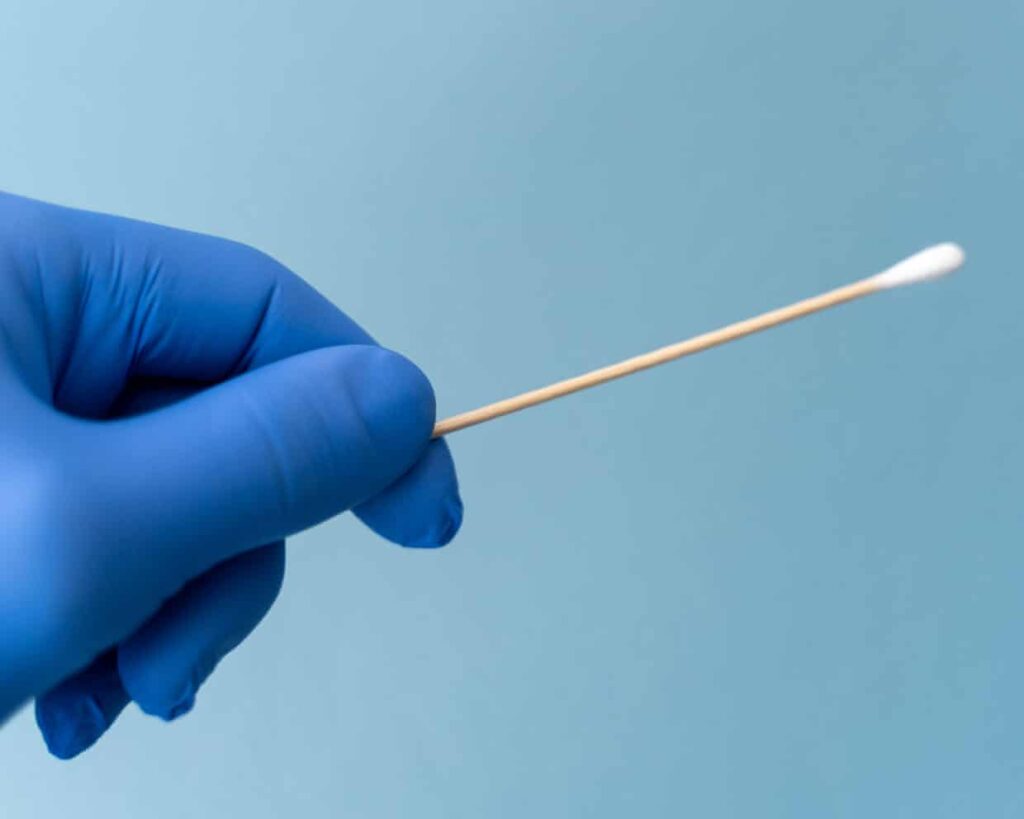
Research has unveiled a groundbreaking cheek-swab test that can identify children with a potentially lethal heart condition, arrhythmogenic cardiomyopathy (ACM), up to five years earlier than traditional diagnostic methods. This discovery, presented at the European Society of Cardiology congress in Madrid, could significantly enhance early detection and improve outcomes for affected children.
ACM, which is primarily genetic, accounts for over 10% of sudden cardiac deaths in children. It is caused by abnormalities in proteins that connect heart cells, ultimately leading to structural and electrical issues within the heart. Often, ACM develops without any prior warning, making early diagnosis crucial. The innovative cheek-swab test offers a rapid, non-invasive option for detecting these abnormalities.
In a trial conducted by experts at Great Ormond Street Hospital and City St George’s, University of London, researchers assessed the cheek swabs of 51 children aged between three months and 18 years, all of whom had a known genetic predisposition to ACM. Over a span of seven years, these children underwent swab tests every three to six months. Notably, 10 of the children developed ACM during the study, with 8 of them showing detectable abnormalities through the cheek swabs before conventional tests confirmed the condition.
The study also included another group of 21 children with no known genetic risk. Five of these children displayed abnormalities that were identified through the cheek swab tests. This finding underscores the potential of the test to reveal significant health changes up to five years prior to a formal diagnosis.
Joanna Jager, a researcher at City St George’s, highlighted the urgent need for a quick and straightforward screening tool to flag potential ACM cases for follow-up hospital tests. In the UK, approximately one in 10,000 individuals is affected by ACM, with symptoms ranging from heart palpitations and fainting to breathlessness and abnormal heart rhythms.
Researchers are now working on developing home-use cheek swab kits, which would allow families to collect samples and send them for analysis. Dr. Angeliki Asimaki, a reader in cardiac morphology and sudden death at City St George’s, emphasized the test’s non-invasive nature and its potential to facilitate timely diagnoses. “Our test provides a window into microscopic changes happening in the heart, and it is totally risk-free,” she said.
Dr. Sonya Babu-Narayan, the clinical director of the British Heart Foundation, which funded the research, expressed the importance of early diagnosis for conditions like ACM. “This kind of simple, pain-free cheek swab test could identify children in the early stages of ACM who need extra care, or provide reassurance to at-risk children and their families with normal test results,” she stated.
As this research progresses, the hope is that the cheek-swab test will become a standard tool for early detection, potentially saving lives by identifying at-risk children before serious complications arise.






